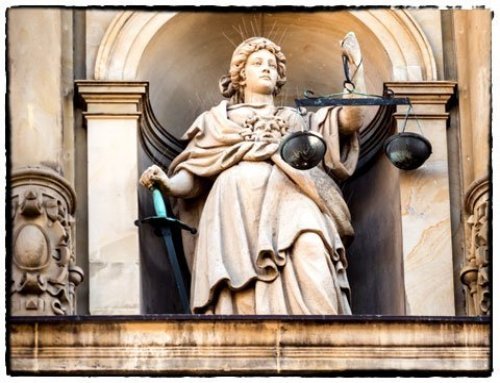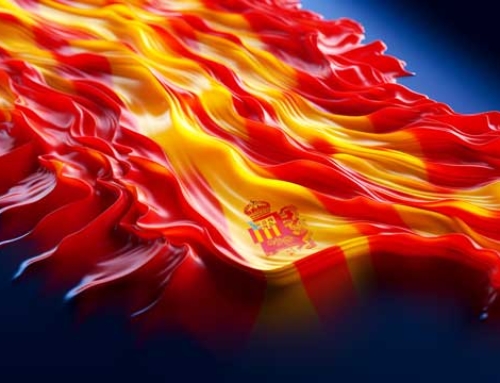Alrosa is considering implementing blockchain or other technology ideas for its rough and polished stones to address challenges with conflict diamonds and undisclosed synthetics.
“If the industry manages to build a tracing system, it would solve several problems and challenges it faces at the moment,” a spokesperson for the Russian company said in an email last week.
“It will allow The idea of using blockchain to track diamond transactions has gained momentum recently, with De Beers this month announcing it was investing in the tracing system. A study by the Antwerp World Diamond Centre (AWDC) last year detailed the opportunities blockchain offered the diamond industry, and the organization is now in talks with De Beers about a potential joint venture, according to a recent statement by the Belgian trade body. Meanwhile, Alrosa is currently studying options related to the digital ledger, and has taken the first steps toward tracking in the Russian market by providing a paper certificate containing a unique ID number that traces the origin of each stone manufactured in its polishing division. The document includes information on where and when the company mined the rough stone. While that identification method is currently only available for sales of polished diamonds to Alrosa clients, the miner aims to extend it to an electronic platform that would allow consumers to access a stone’s information, including origin, cutting history and characteristics. The miner plans to begin this as a pilot project in the Russian market, the results of which will determine whether it will extend the project to other countries. “The creation of such a system would make the diamond industry more transparent, which is very important for modern consumers [wanting] to know everything about the product they buy and about the impact, including social, it causes,” the spokesperson continued. “It might not only build consumer confidence, but also give some added value to our product, since consumers have a willingness to pay a certain premium for guaranteed origin.” Blockchain technology, originally devised for digital currency, keeps a permanent, tamper-proof record of all transactions that occur within a platform. In the diamond industry, it could allow users to trace stones from origin to destination, helping to deal with significant issues, such as eliminating conflict diamonds or undisclosed synthetics from the supply chain.






